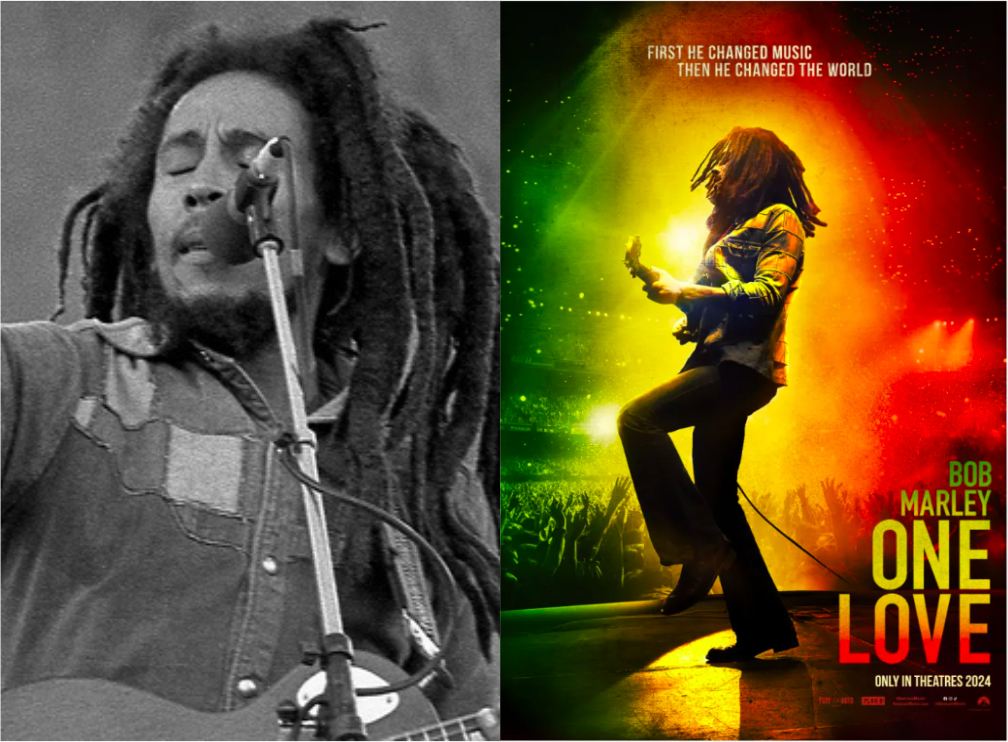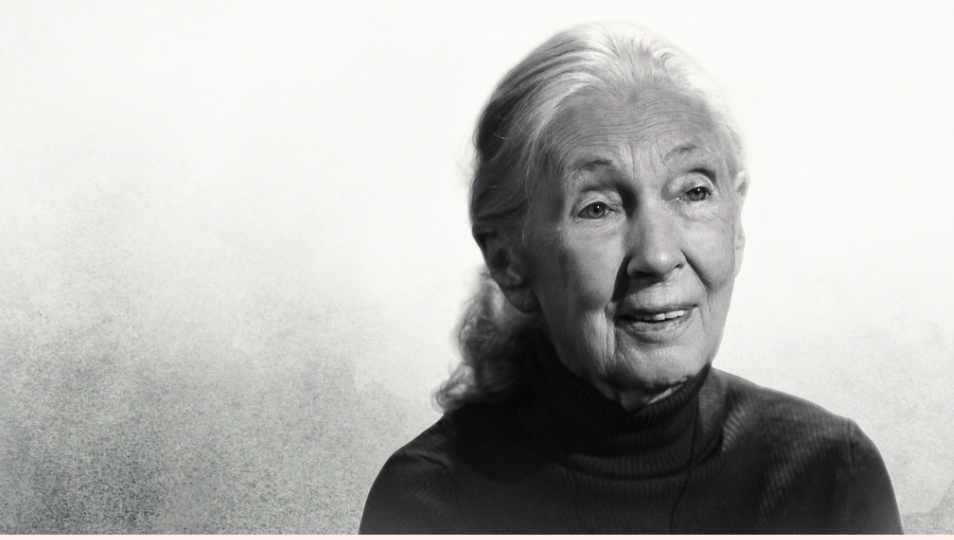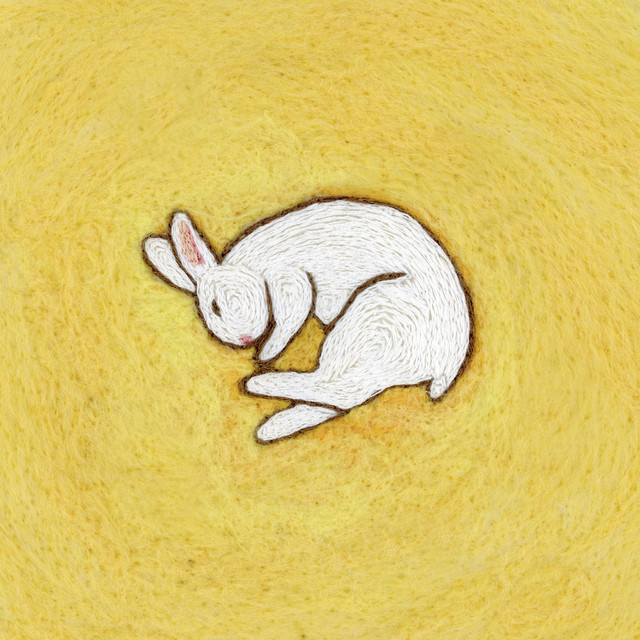The new movie Bob Marley: One Love was released this Valentine’s day and has become the high-grossing box office movie of 2024 so far, drawing fans of the iconic musician. One Love celebrates timeless tracks like “Jamming,” “Three Little Birds” and notably “Exodus,” and the process in making the Exodus album while Bob Marley was in political exile. The film covers the political threats in Jamaica, Marley’s recording process, and his relationship with his wife, Rita Marley. Overlaid throughout the film is Marley’s unity message, reinforced repeatedly through his Rastafari spiritual beliefs.
Critic reviews for the film have been mixed, with some feeling the plot is purposeless, the dialogue unintelligible, and the running time too short among other things. Many thought the film lacked a comprehensive message, instead depicting his story as a generic Hollywood biopic. Many people also took issue with the lack of Jamaican representation in the cast, including Kingsley Ben-Adir, the British actor who played Marley. As of February 19th, the movie sits at 42% positive on the Rotten Tomatoes’ critic consensus.
Despite the mostly negative reception from most media outlets, fans appear to be more positive in their reactions. Audience reviews on Rotten Tomatoes stand at 93% ‘fresh’. On IMDB.com, users have rated the film 6.6/10.
The movie is certainly tailored for Bob Marley fans, filling montages, transitions, and scenes with his most famous tracks. The movie also successfully emulates Marley’s live performance energy. The beginning features Marley in the Smile Jamaica concert performing “War” in full force. Ben-Adir makes a great effort to replicate the dancing and on-stage mannerisms of Marley, particularly his jumps.
The film is also fairly objective in its portrayal of the subject’s multifaceted life. While Marley is widely regarded as a symbol of peace, good vibes, and love, the film makes note of his romantic affairs and violent altercations with his manager. A surprising aspect of the film for me was the emphasis on Marley’s Rastafarian faith and its influence on his lifestyle. The movie didn’t whitewash, or mitigate his faith as the main driver for his music. This is reinforced by the recording of the Exodus album in the film, which preaches many Rastafarian/biblical messages such as African repatriation.
The common criticism of One Love is its seeming aimlessness, failing to tie together its multiple subplots to a cohesive message. On one hand, there’s Marley’s role in aiding the political divides in Jamaica, there’s his relationship with his wife Rita, and the conflict between him and his managers. If there is one cohesive narrative to the film, it’s Marley’s journey to self-discovery through his faith.
An obscure yet recurring image is shown throughout the film of a young Marley running through a field of fire. As we learn from the onset, Bob Marley lived without a father, and his mother moved away to work in the U.S. He is later adopted into a community of Rastas with his wife Rita. The symbolic scene shows Marley lost, fleeing from a field of fiery smoke until reaching a clearing before a man on horseback meets him in the middle.
From a distance, the man appears to be the vague image of Marley’s long-lost father. Yet upon closer inspection, it is revealed to be the Rastafari messiah, Ethiopian emperor Haile Sellaise. At the close of the film, we see young Marley ride off with Sellaise into the distance.
This scene arguably best summarizes the point of the film, as from the beginning we see Marley’s faith tested by a string of challenges. His family is threatened, he is separated from his country, his business partners cheat him, he is diagnosed with cancer, and his marriage is tested. “I can’t even get peace for me-self,” says Marley in the film. This point of disparity is represented through the image of his younger self running lost through the field.
Only at the end of the movie, do we see Marley return to Jamaica to resolve political tensions and play his music. It is here where we see him find his center once again, rediscovering his purpose as a spiritual messenger. In one of the last scenes, Marley plays “Redemption Song”, arguably his most meaningful song of oppression and hope while surrounded by his family.
While Bob Marley: One Love will likely be only remembered among other recent musical biopics like Rocketman (2019) and Bohemian Rhapsody (2018), it’s a genuinely wholesome account of Bob Marley’s legacy. For a man who died 43 years ago, the film brings a liveliness to the singer, whom Kingsley Ben-Adir portrays thoughtfully. While the message and conclusion of the film could have been stronger, viewers are encouraged to celebrate all the “positive vibrations” Marley gave. Perhaps there ought to be a higher standard set for documenting such an influential musician, but for audiences just into jamming with Bob Marley, One Love is a great time.















